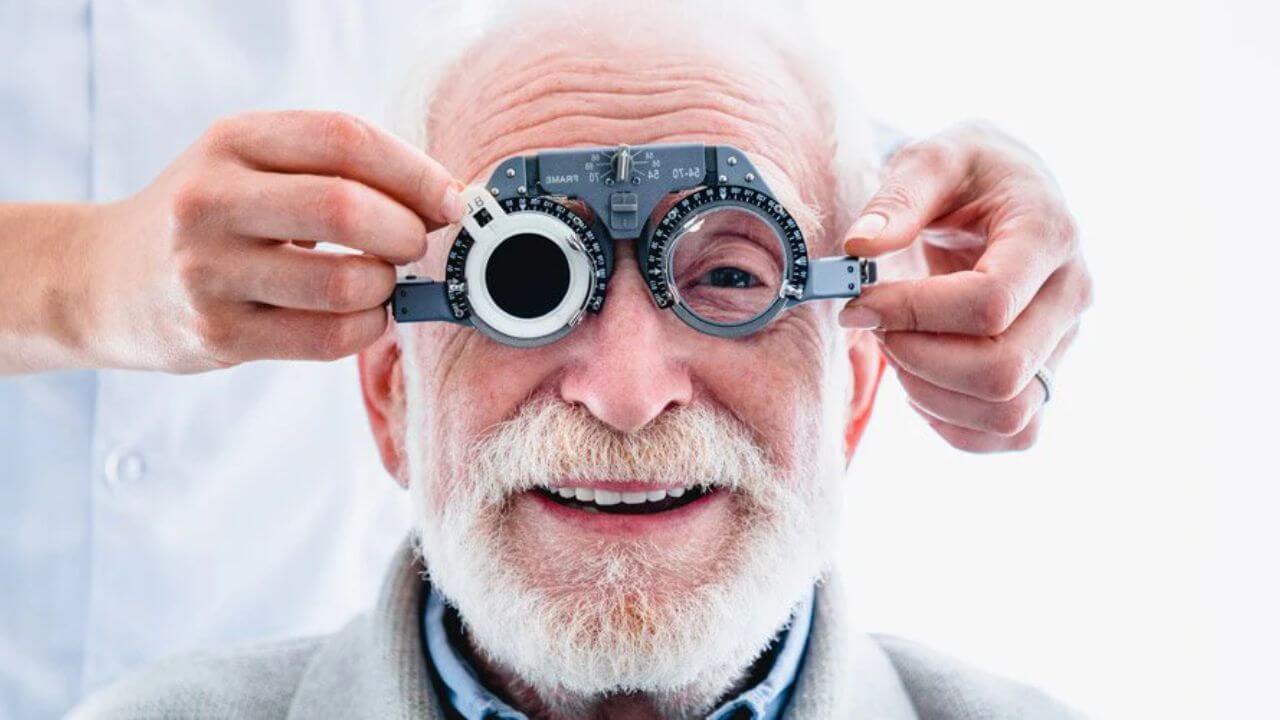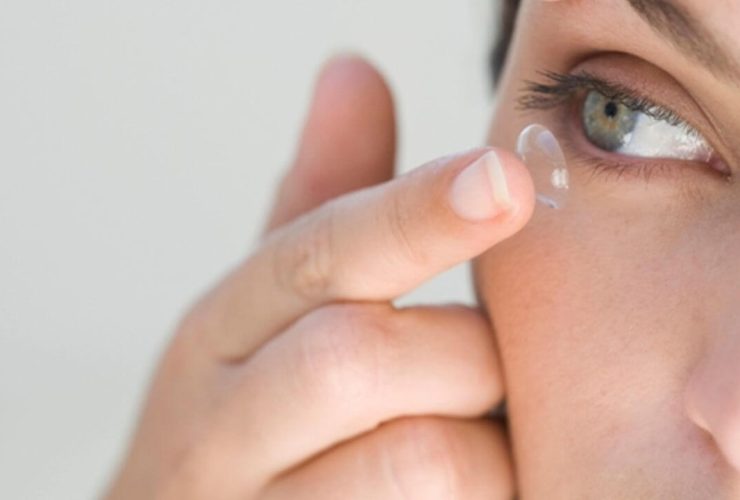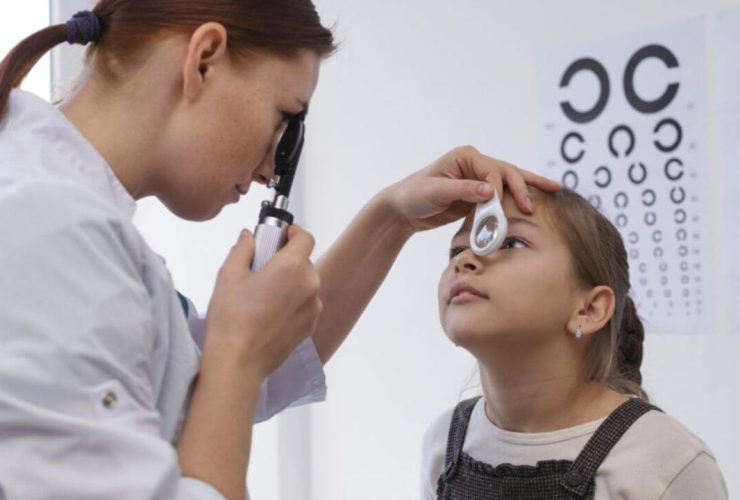Eye Care Tips for Seniors: Maintaining Vision After 60
Clear, comfortable vision is essential for seniors to maintain quality of life. As a part of normal ageing, eye problems occur (and of course, there are cataracts, glaucoma, or age-related macular degeneration), but by implementing some simple good habits, seniors can take care of their eyesight and maintain and protect their vision. The following tips are recommendations regarding eye care for seniors that aim to preserve eye health in older adults and assist visually impaired adults in maintaining their vision.
Important Eye Care Advice for Senior Citizens
Taking care of your eye health encompasses expert advice, alterations to your lifestyle, or modifications to habits related to daily activity. The following senior eye health tips will help you care for your eyesight and are also a start towards the comfort of your eyes and vision.
Change Your Daily Living Habits to Alleviate Eye Strain
Your older eyes need increased lighting and reduced glare for comfortable vision. There are some eye health tips for older adults to make their environment more eye-friendly through:
- Try to use light sources behind or beside you to reduce glare in your workspace. Use lampshades if needed for indirect light.
- Use bright but evenly distributed light for reading and close work.
- Make font size or contrast on your digital device larger to accommodate eye use.
Prioritise Regular Eye Examinations
Many eye diseases give no symptoms at their early stages. Therefore, the best way of eye care for seniors is to have routine eye examinations. Seniors should have an eye exam every 1-2 years. Early identification of issues is very important. Similarly, detection of these issues is important before they become advancements that interfere with vision, which will require more invasive treatment.
Eat a Diet with Nutrient-rich Foods for Eye Health
Nutrition is important for eye care for seniors. Some nutritional factors to consider are:
- Fatty fish are great sources of omega-3 fatty acids and are good for the health of the retina.
- Drink plenty of water; it may help lessen symptoms of dry eye.
- Vitamins C and E protect against oxygen destruction.
- The best food sources for lutein and zeaxanthin are from edible green leaves.
Protect Your Eyes from Harmful Ultraviolet Radiation!
With ageing, it is important to remember that while under ultraviolet light from sunlight, we cause even more damage to our eyes, increasing risk for cataracts and macular degeneration. Below are some eye health tips for older adults on how to protect their eye health from UV radiation:
- Large sunglasses, or wrap-around sunglasses, can reduce the impact of considering peripheral vision.
- Wearing a wide-brimmed hat reduces the effects of sun exposure on the body.
- Sunglasses are rated as 100% UVA and UVB at all times that they are out of the house.
How to Recognise Early Signs of Eye Problems in Seniors?
It is important to recognise eye concerns early enough to preserve our vision, and to prevent permanent damage; therefore, older adults should be aware of a number of the signs and symptoms below:
- Flashes of Light or Floaters: If you notice flashes of light, spots or floaters in your vision, it could also be due to some retinal problem, possibly involving a retinal detachment. Retinal detachment is a medical emergency. Contact an eye specialist on the same day to report these symptoms.
- Loss of Vision in Central or Peripheral Areas: Side visual loss (peripheral) is usually a representative sign of glaucoma, while the lack of central vision is due to Advanced Macular Degeneration (AMD). If you are having trouble recognising faces, reading, or anything up close, then you may have an inkling!
- Trouble with Brightness or Light Adaptation: If you’re having trouble seeing in low light, or you take longer to transition from bright to dark, this might be a sign of cataracts in the early stages.
- Eye Redness, Pain, or Eye Irritation: If you have long-standing redness of the eye and/or pain, or if you have a discharge, especially with swelling or other evidence of infection, or long-standing irritation of the eye. All these problems can indicate infections requiring treatment, dry eye syndrome or inflammation, etc.
- Changes in your Clarity of Vision: Sudden or gradual blurring of vision is a sign of some problem affecting your vision. How we see printed words can help identify a vision problem that can help identify a vision problem related to the early stages of cataract.
Conclusion
Keeping up good vision after the age of 60 is important for your overall quality of life. You can protect your eyes against age-related conditions by following reliable eye care for seniors advice and arranging your regular optometry professional eye check-ups.
Your eyes deserve the very best. Schedule your eye exam with Carlton & Stanley Opticians today for personalised care and crystal-clear vision.




